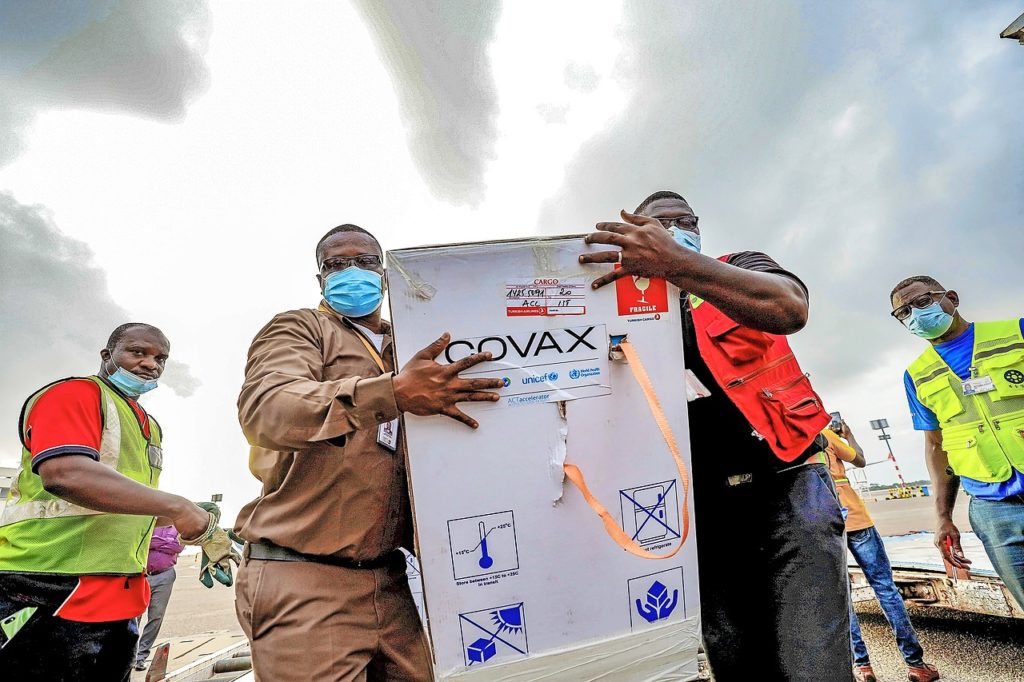On Friday, the billionth dose of a coronavirus vaccine was delivered through the COVAX scheme, which has distributed the medicine to 114 countries since the start of February last year.
The dose was part of a shipment of 1.1 million COVID-19 vaccines to Rwanda supplied via the UN, Gavi, World Health Organisation (WHO) and the Coalition for Epidemic Preparedness Innovations (CEPI) co-led COVAX programme, which says it is the largest vaccine procurement and supply operation in history.
"COVAX has delivered its first billionth dose of Covid-19 vaccines to 144 countries and territories across the world," Gavi chief executive Seth Berkley stated on Twitter to mark the occasion.
"It’s a key milestone in the largest and most rapid global vaccine rollout in history but the world stands at yet another crossroads in our fight against COVID-19," he added.
COVAX has now delivered its first billion doses of #COVID19 vaccines to 144 countries and territories across the world! We’re proud to work with @CEPIvaccines, @WHO, @UNICEF, @ACTAccelerator and others on the largest and most rapid global vaccine rollout in history. pic.twitter.com/QkhOX8S7xJ
— Gavi, the Vaccine Alliance (@gavi) January 15, 2022
The programme initially aimed to deliver two billion doses by the end of 2021, but this effort was compromised, according to the organisations leading the programme, "by hoarding/stockpiling in rich countries, catastrophic outbreaks leading to borders and supply being locked."
Related News
- Half a million Israelis have already received a fourth coronavirus vaccine
- WHO and EMA doubt need of repeated booster vaccination
- More than 30,000 children in Belgium already received first vaccine dose
Since the first vaccine doses became available in December 2020, vaccine supplies to low-income countries remained limited for a long time as more developed countries focused on administering doses to their own citizens, and prioritised giving booster doses before people in poorer countries had even received one dose.
Large discrepancies in vaccination coverage rates
As of 13 January 2022, out of 194 Member States, 36 WHO Member States have vaccinated less than 10% of their population, and 88 countries less than 40%. Overall, 61.3% of the world's total population has received one dose, meaning around 40% of people globally are not protected against the virus.
While almost 70% of the total population in the EU/EAA has been fully vaccinated, just 10% of the total population in the African continent has received two doses.
A lack of sharing of licenses, technology and know-how by pharmaceutical companies also resulted in manufacturing capacity going unused, meaning fewer doses were available to lower- and middle-income countries.
However, Gavi said that shipments have exponentially increased in the last quarter. Meanwhile, COVAX is working with governments, manufacturers and partners to ensure that when countries receive vaccines they can get them to people quickly.

